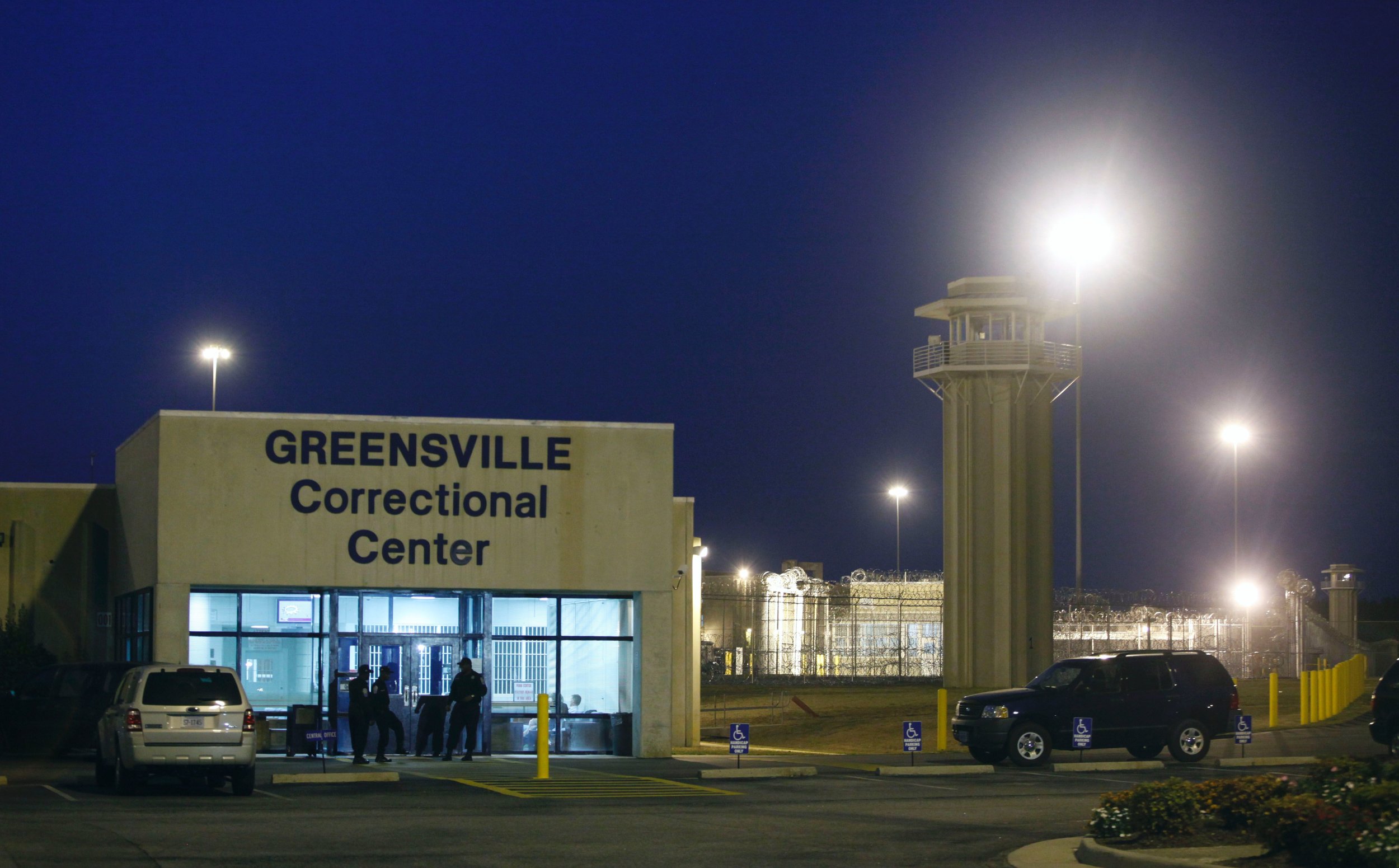Capital Punishment
In late February 2021, the General Assembly voted to end Capital Punishment in Virginia. Virginia is the first southern state to abolish the death penalty. This was the result of decades of work from advocates and an evolution for legislators who have finally come to understand that there are too many wrongful convictions, even in death penalty cases. The case of Earl Washington was repeatedly cited during testimony and debate. Washington, who has an IQ of 69, was wrongly convicted of rape and murder and sentenced to death after being pressured into a false conviction. He was days from being executed when a stay was issued. Eventually DNA evidence exonerated him and he was pardoned by Governor Tim Kaine.
While in 2021 there seemed to be a consensus from the start of session that the death penalty should be eliminated, this was a fairly recent development. In 2020 both the House and Senate offered bills to abolish the death penalty that died in committee.
Although making legislative changes to end the death penalty was not successful until 2021, since the implementation of ABA standards for capital defense, the number of death sentences imposed by Virginia courts has dramatically declined. Historically, however Virginia has had one of the most active death chambers in American history: it has executed more individuals than any other state, the third most since the end of the moratorium on the death penalty in 1976.
Even as recently as the past few years, the progress in death sentences in Virginia was largely the product of defense advocacy, not enlightenment within the political branches of government. For example, facing a shortage of chemicals necessary to kill death row prisoners via lethal injection, the General Assembly in 2016 proposed a bill to mandate death by electrocution when lethal injection drugs were unavailable. Rather than simply veto the bill as inhumane, Governor McAuliffe offered amendments permitting the Department of Corrections "to enter into confidential contracts to obtain execution drugs from compounding pharmacies, whose identities would be concealed from the public." In doing so, the administration "ignore[d] the concerns" of opponents" and "tightened the veil of secrecy even further."
The only execution carried out since the new legislation was deeply troubling:
"Prior to the change, witnesses watched as the prisoner entered the execution chamber and was strapped to the gurney. A curtain was closed while staff placed intravenous lines and electrodes for a cardiac monitor, then reopened when the execution was ready to be carried out. The curtain was closed for 33 minutes during Gray's execution, raising concerns that something had gone wrong in the placement of the IV. The ACLU of Virginia said, "the length of time Gray was behind the curtain, as well as the presence of a doctor who confirmed his death using a stethoscope rather than by viewing a heart monitor as the previous protocols required, suggest something unusual happened during the process of killing him."
In response, the Department of Corrections simply turned its figurative veil into a literal one, changing its execution procedures to conduct more of the execution preparations out of view of witnesses.
In February 2020, Justice Forward Virginia and Virginians for Alternatives to the Death Penalty put together a letter in support of legislation that would repeal the use of the death penalty in Virginia. 21 current and former prosecutors, including two former Virginia Attorneys General, have signed on to the letter.

